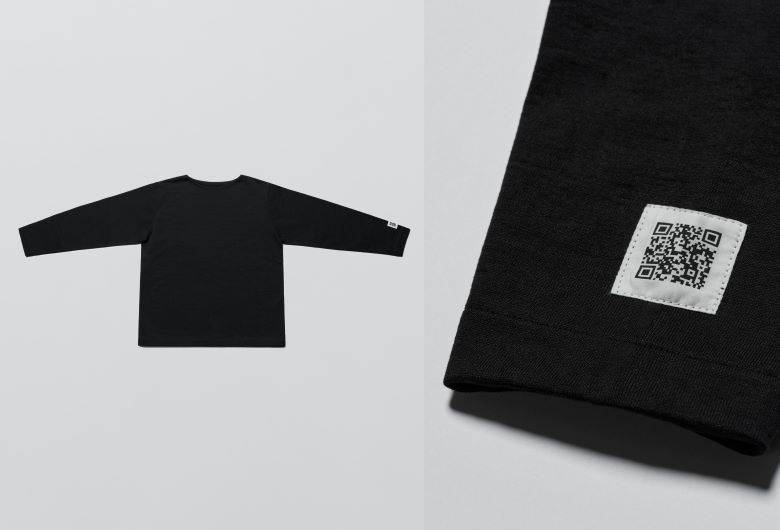Spiber signs Goldwin, Pangaia for ‘biosphere circulation’

Japanese biotech start-up Spiber has been joined in a “biosphere circulation” initiative by long-standing brand partners Goldwin and Pangaia, the company has announced.
Both have agreed to supply their unwanted textiles and apparel as feedstocks for Spiber’s microbial fermentation process, out of which it produces its novel Brewed Protein polymers and fibres. Agricultural by-products are another source of important ‘end-of-use nutrients’, which the start-up upcycles into biodegradable proteins via proprietary technology. The resulting material is microbially digestible, forming part of what Spiber calls a “circular ecosystem”.
It aims to commercialise this system over the long term and has therefore been testing the efficiency of different fibres, dyes and processing chemicals for how well they can be ‘digested’ or degraded back into useful nutrients as part of a viable closed loop.
Spiber says it will publish its findings, to which Goldwin and Pangaia will contribute, “in the near future”. It also invited stakeholders from across the industry to join in its efforts.
Their very first demonstration garment, a Goldwin-manufactured black sweater, currently on show at Future Fabrics Expo (FFE)’s “innovation hub” in London (June 26-28), has been developed to identify and navigate potential challenges with the material in textile form.
Spiber acknowledged that its use of cotton threads, as opposed to polyester, may negatively impact product performance, since cotton fibres don’t possess the same level of stretch and strength as synthetics. This may especially affect neckline, sleeves and seam durability, it said.
Executive vice-president of sales and sustainability business development, Kenji Higashi, participated in a panel discussion at FFE on June 27 to shed light on Spiber’s progress thus far.
Image: Spiber.











